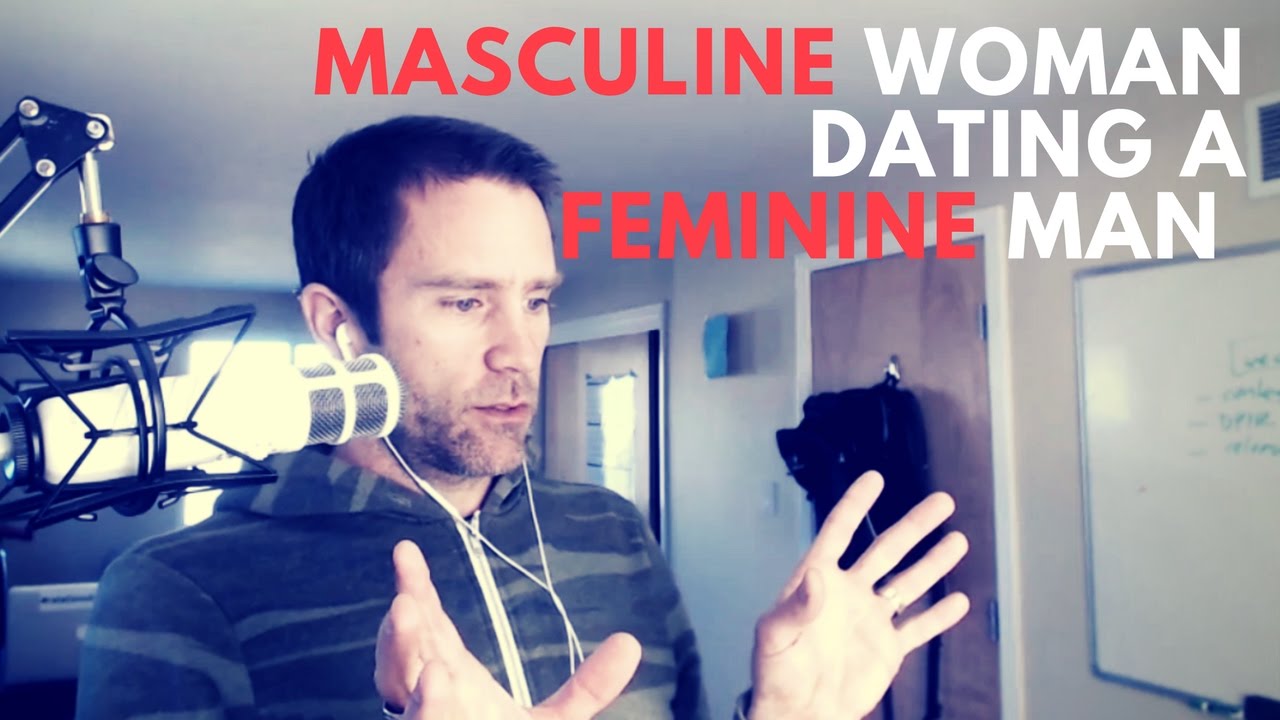Staying Mindful During Stress and Conflict
Do you ever have one of those moments where something tiny triggers your anger and you blow up? Well, we’ve all been there.
Most likely, in that moment, you aren’t realizing that you were upset about something else before—and that the trigger itself really wasn’t as big a deal as you’re making it. You’re probably not stopping to think about your reaction; it’s simply overflowing from a place of built-up frustration.
The thing is, in relationships…when you come into a potential conflict situation and you’re already worked up, you’re behind the eight ball. One hand is tied behind your back, and you’re at a disadvantage.
That’s not a good place to be when you enter into conflict or stress. So how can you avoid being in that position?
Comfortable Discomfort
The first step toward staying (or returning to) calm during stress and conflict is allowing yourself to be upset—and not judging yourself for it. After all, this is the essence of mindfulness, right? You can note that you feel a certain way, but don’t fight it! Acknowledge and accept it for what it is.
Once you’ve stopped fighting your emotions, your frustrations, your pain, it allows you to recognize the reason you felt that way in the first place. When you’re practiced at noticing the way you feel and why, you’re more able to deal with stressful situations in general.
In essence, you want to get to a place where you’re okay with discomfort. That may sound unpleasant, but there are going to be stressful and uncomfortable times in life—it’s just a fact. Wouldn’t you rather be in a place where you can handle them? If you want to calm down fast, the paradox is that you have to “be with” whatever is uncomfortable.
Trying to dodge stressful situations or even attempting to avoid feeling your emotions isn’t going to do you any favors. It’s downright impossible. And since life isn’t perfect, you’ll find that once you reach the place of mindful acceptance, you’ll feel better equipped to handle whatever life throws at you.
Learning to Self-Regulate
You may not feel like you’re in that place of acceptance right now, and that’s okay. Each of us has to find our own way there, and it’s a process. If you don’t learn how to work toward that, you’ll continue to react from the triggered place you started in, and that will only end up causing you more emotional turmoil.
Here’s a quick video on the subject:
There are several things you can do to self-regulate—and these are things that need to be practiced consistently, not just in a frustrated moment. The goal is to be like a champion surfer, riding the waves of emotion and discomfort as they come and go.
Meditation is one excellent way to be calm and train yourself to be okay inside regardless of what’s going on outside. Deep breathing is important as well, and the two together are that much better. Here’s a free guided meditation to help you start.
Cold showers or even a cold water bottle on the back of your neck are great for bringing yourself back into the moment. All of these can start with a simple awareness of your thoughts, your emotions, and your surroundings—and sometimes, that alone is enough to bring you back to where you need to be.
Be Okay with Yourself During and After Stress
Ultimately, the crucial step to take in your life is to learn how to be okay with your emotions, whatever they may be, and do what works for you to self-regulate and come back to yourself. When you practice staying mindful during stress and conflict, you’ll find that your life and your relationships are enriched—and that situation you once found stressful might not be as tough as you originally thought.
If you’d like to go further and learn three important keys to working through disagreements quickly, sign up for my free training here.
__________________________________________
Photo Credit: Quinton Coetzee – Unsplash
















